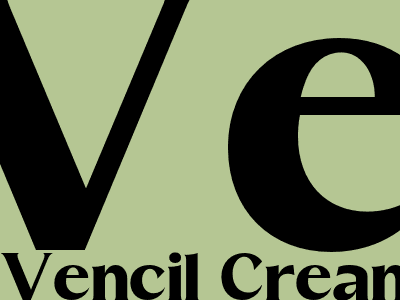Vencil Cream: A Comprehensive Guide to its Benefits, Uses, and Side Effects
Introduction
Vencil Cream is a topical medication prescribed to treat a variety of skin conditions, including eczema, psoriasis, and contact dermatitis. It contains the active ingredient betamethasone dipropionate, a potent corticosteroid that works by reducing inflammation and suppressing the immune system. This blog post will delve into the benefits, uses, and potential side effects of Vencil Cream, providing valuable information for patients and healthcare professionals alike.Mechanism of Action and Benefits
Vencil Cream is a topical corticosteroid that belongs to the class of medications known as glucocorticoids. It acts by mimicking the effects of the natural hormone cortisol, which plays a vital role in regulating the immune system and inflammation. When applied to the skin, betamethasone dipropionate penetrates the skin and binds to specific receptors in the affected cells. This binding triggers a cascade of events that ultimately leads to reduced inflammation, providing relief from itching, redness, and swelling.Vencil Cream is particularly effective in treating inflammatory skin conditions such as eczema, psoriasis, and contact dermatitis. Eczema, also known as atopic dermatitis, is a chronic inflammatory skin condition characterized by dry, itchy, and irritated skin. Psoriasis is an autoimmune disorder that causes thick, scaly patches on the skin. Contact dermatitis is an allergic reaction that develops when the skin comes into contact with an irritant or allergen, resulting in redness, itching, and blisters.
Uses of Vencil Cream
Vencil Cream is primarily used to treat the following skin conditions:
- Eczema
- Psoriasis
- Contact dermatitis
- Insect bites and stings
- Sunburn
- Poison ivy, oak, or sumac
Vencil Cream is available in different strengths, and the appropriate strength will vary depending on the severity of the skin condition and the patient's individual response to the medication. It is important to follow the instructions provided by the healthcare professional and to use the cream as directed.
Side Effects of Vencil Cream and Precautions
Like all medications, Vencil Cream has the potential for side effects, although they are generally mild and transient. The most common side effects include:
- Skin irritation
- Burning or stinging sensation
- Dryness or peeling of the skin
- Thinning of the skin
- Stretch marks
- Acne
It is important to note that Vencil Cream should not be used on large areas of the body, on broken or infected skin, or on the face for extended periods. If the condition worsens or does not improve within a few days, it is essential to consult a healthcare professional. Additionally, caution should be exercised when using Vencil Cream on children, pregnant women, or breastfeeding mothers.
Conclusion
Vencil Cream is a potent topical corticosteroid that provides effective relief from the symptoms of various skin conditions. Its anti-inflammatory and immunosuppressive properties make it a valuable treatment option for eczema, psoriasis, and contact dermatitis. However, it is essential to use Vencil Cream as directed by a healthcare professional to minimize the risk of side effects. By understanding the benefits, uses, and potential side effects of Vencil Cream, patients can make informed decisions about their treatment.

Komentar